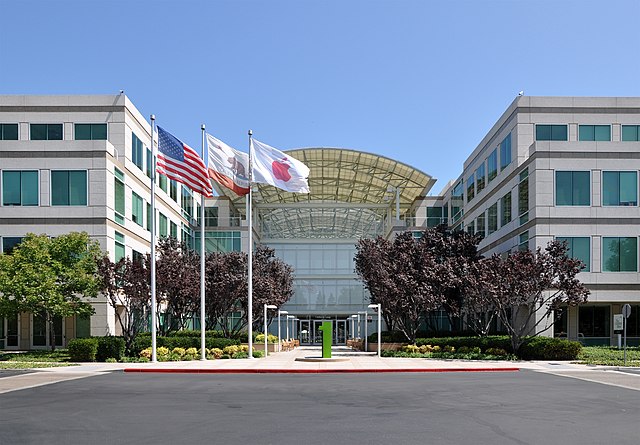In a landmark ruling, the European Court of Justice (ECJ) has ordered Apple to pay a staggering €13 billion in back taxes to Ireland. This decision marks a significant victory for the European Commission’s ongoing efforts to combat aggressive tax planning by multinational corporations.
The ECJ’s ruling comes after years of dispute between Apple, Ireland, and the European Commission. It sends a clear message that the EU will not tolerate unfair tax practices and will take decisive action to ensure companies pay their fair share.
This groundbreaking case reported by the BBC is expected to have far-reaching implications for both Apple and the broader landscape of international taxation. It sets a powerful precedent for the EU’s fight against tax avoidance and is likely to lead to changes in national and international tax policies.
Low Tax Rates Sparked Dispute
The Guardian reports that the dispute between Apple and the European Commission centered on the company’s low tax rates in Ireland from 2003 to 2014. In 2014, Apple paid an effective tax rate of just 0.005% on its European profits, which were funneled through Ireland, according to Euronews.
The European Commission argued that these extremely low rates constituted an unlawful subsidy, giving Apple an unfair advantage over other companies. They claimed that Ireland had granted Apple selective tax treatment, allowing them to pay far less than other businesses.
The Commission’s investigation found that Apple had attributed most of its EU earnings to a “head office” that existed only on paper and could not have generated such profits. This arrangement allowed Apple to avoid paying taxes on almost all profits generated by sales of its products across the EU’s single market.





























